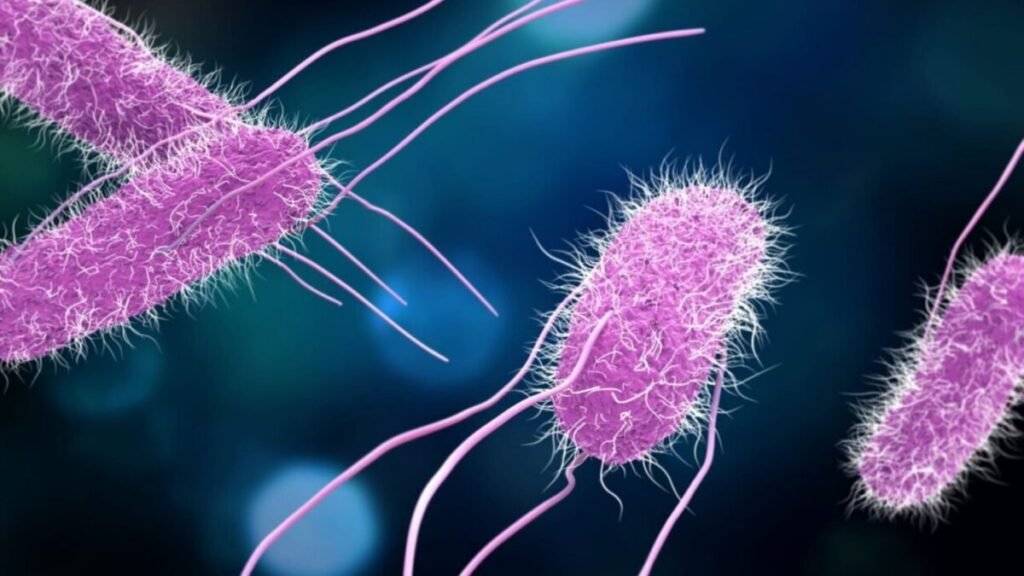“Game-changer: Promising Results for Food Poisoning Vaccine Could Revolutionize Self-Protection!”

Salmonella is no joke. Just a bite of undercooked meat, a contaminated egg, or unwashed fruit can send millions of people to bed —or even to the hospital— every year. In the United States alone, over a million people fall ill annually, with tens of thousands requiring hospitalization.
While many cases resolve in a few days, the infection can turn fatal if the bacteria spreads beyond the digestive system. Young children, the elderly, and those with weakened immune systems are most at risk. There are also aggressive strains that can last for weeks and need specific antibiotics.
Given this scenario, it’s no wonder scientists are searching for a better solution than just practicing food hygiene. At the University of Maryland, they believe they’ve made a breakthrough.
An Innovative Vaccine in the Works

The experimental vaccine, known as TSCV (trivalent Salmonella conjugate vaccine), combines sugar molecules from three different Salmonella subtypes with a protein that boosts the immune system response. The goal is to produce antibodies that not only shield against typhoid fever but also against strains common in less developed regions and causing many cases in industrialized countries.
In a Phase I clinical trial involving 22 healthy adults, two groups received varying vaccine doses while a third got a placebo. The results revealed that the vaccine was safe and well-tolerated, with minor injection site pain as the main side effect. Most importantly, all vaccinated individuals showed a strong immune response against the targeted strains.
Implications and Future Challenges
Researchers are proceeding cautiously. While early trials confirm safety, larger and more diverse trials are necessary to establish efficacy. Nevertheless, the signs are promising: if development progresses successfully, we could be on the brink of a vaccine that significantly reduces the global impact of Salmonella.
Beyond the lab, the potential benefits are immense. In areas where typhoid fever is still prevalent, preventive vaccination could save thousands of children each year. In countries like the US, where foodborne illnesses are a major concern, TSCV could offer an additional layer of protection alongside basic hygiene practices.
For now, it’s wise to cook food thoroughly, wash hands, and prevent cross-contamination in the kitchen. But if the vaccine proves effective, we might soon be able to enjoy a meal with one less worry on our minds.
This article has been translated from Gizmodo US by Romina Fabbretti. you can find the original version.






